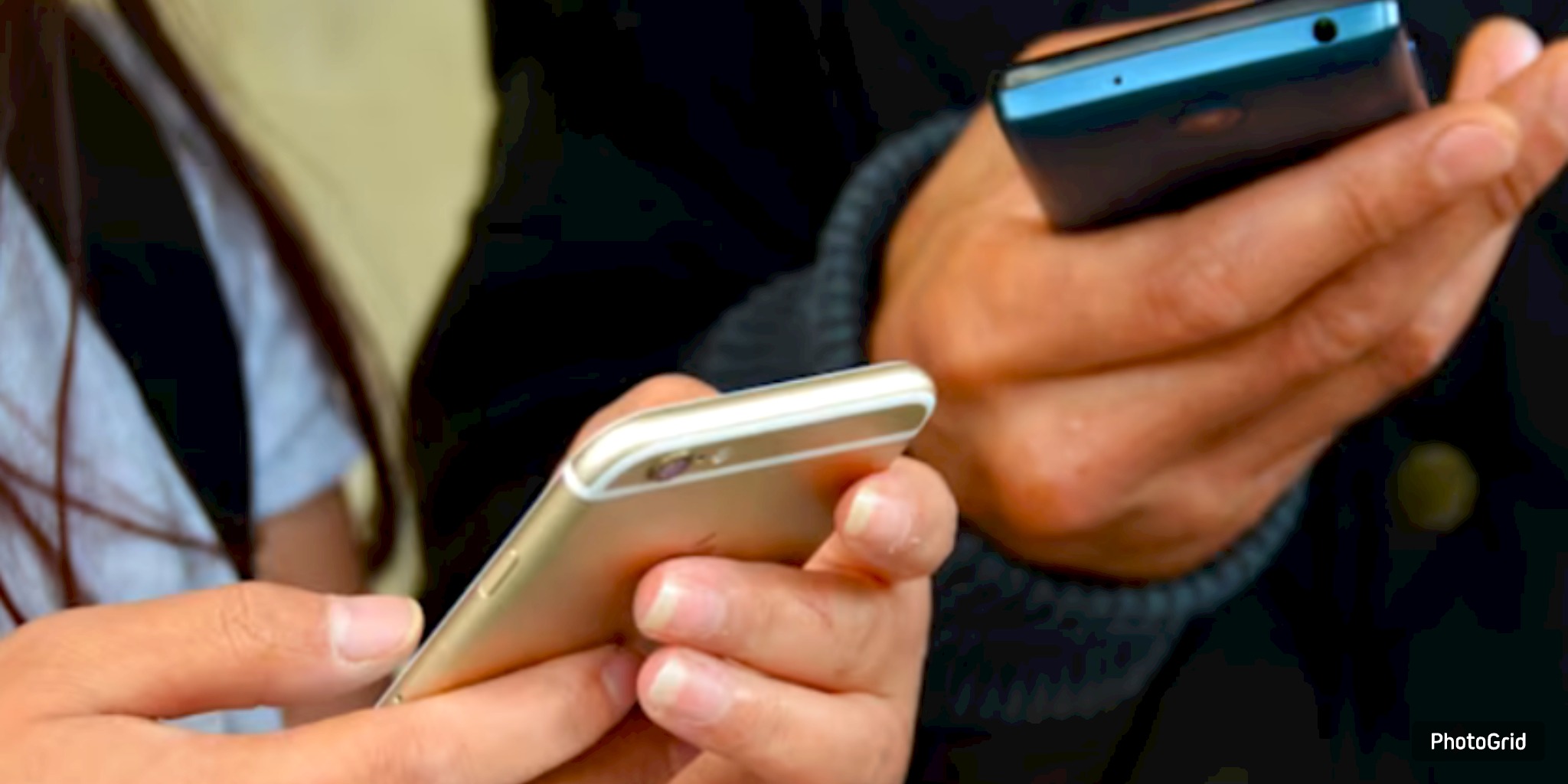Texas schools are starting the year with eight new laws: no all-day phone usage, opt-in sex education, parental approval, stronger discipline, and the inclusion of religious displays and prayer.

Texas public schools began the school year in August amid new state laws. These restrictions limit smartphone use, enhance parental permission and monitoring of health services, grant instructors greater disciplinary authority, and permit the display of religious symbols and prayer on school grounds.
House Bill 1481 bans students from using cellphones, smartwatches, and other personal communication devices in school, except for medical or special education reasons. District-issued instructional devices are unaffected.
Governor Greg Abbott signed the measure on June 20, requiring districts to create policies and punishment regulations by September 18. The 2026-27 budget allocates $20 million in grants for this purpose. Author Rep. Caroline Fairly, R-Amarillo, cites distraction and cyberbullying. A larger parental-rights package advanced.
House Bill 2 seeks $8.4 billion in education financing, approximately half of which is allocated to teacher and support staff compensation increases. New allotments provide districts with more flexibility in fixed costs. Senate Bill 12 changes sex education to an opt-in model and requires parental approval before students get medical, psychiatric, or psychological treatments in school.
On September 4, Sen. Brandon Creighton, R-Conroe, and Rep. Jeff Leach, R-Plano, responded to charges that certain districts withheld routine care.
On September 8, the Texas Education Agency emphasized that first aid and general caretaking do not require consent. SB 12 eliminates diversity, equity, and inclusion programs and bans school groups based on gender identity and sexual orientation.
Senate Bill 13 will expand library oversight. This law allows parents to view their children's checkout history and petition for membership on committees that advise the school library. Each council can recommend books for addition or removal, and residents can contest specific titles.
House Bill 6 tightens discipline rules, giving teachers more ability to expel unruly or hazardous children. With no three-day restriction, the measure allows in-school suspensions while keeping the out-of-school suspension cap. It requires documentation for the removal of kindergarten through third-graders and suspends students of any age for repeated or severe disruptions.
Senate Bill 10 requires schools to display donated Ten Commandments posters in classrooms. An August 20 injunction affects 11 districts, hindering this initiative.
Attorney General Ken Paxton is appealing and asking other districts to comply with the display. Senate Bill 11 permits specific times for prayer or religious reading, subject to obtaining consent through paperwork, but it forbids the use of loudspeakers.
Senate Bill 965 protects employees' right to religious freedom and the freedom to worship at work.
.jpg)
Disney Cruise Line will remove the Disney Magic from Galveston in mid-2027 after nearly 15 years of seasonal service. The ship will relocate to Vancouver for Alaska sailings, while Disney has not yet announced which vessel, if any, will replace it in Texas.
.jpg)
Gov. Greg Abbott announced that Davie Defense Inc. will expand shipbuilding operations in Galveston and Port Arthur, investing more than $730 million and creating over 2,400 jobs. The state awarded the company a $21.7 million Texas Enterprise Fund grant to support the project, which will focus on building Arctic icebreakers and other specialized vessels.
.jpg)
The La Marque City Council confirmed Byron Frankland as the city’s new police chief Monday night. Frankland, a longtime law enforcement and public safety leader, will begin his new role Feb. 16 following a nationwide search that drew more than 40 applicants.